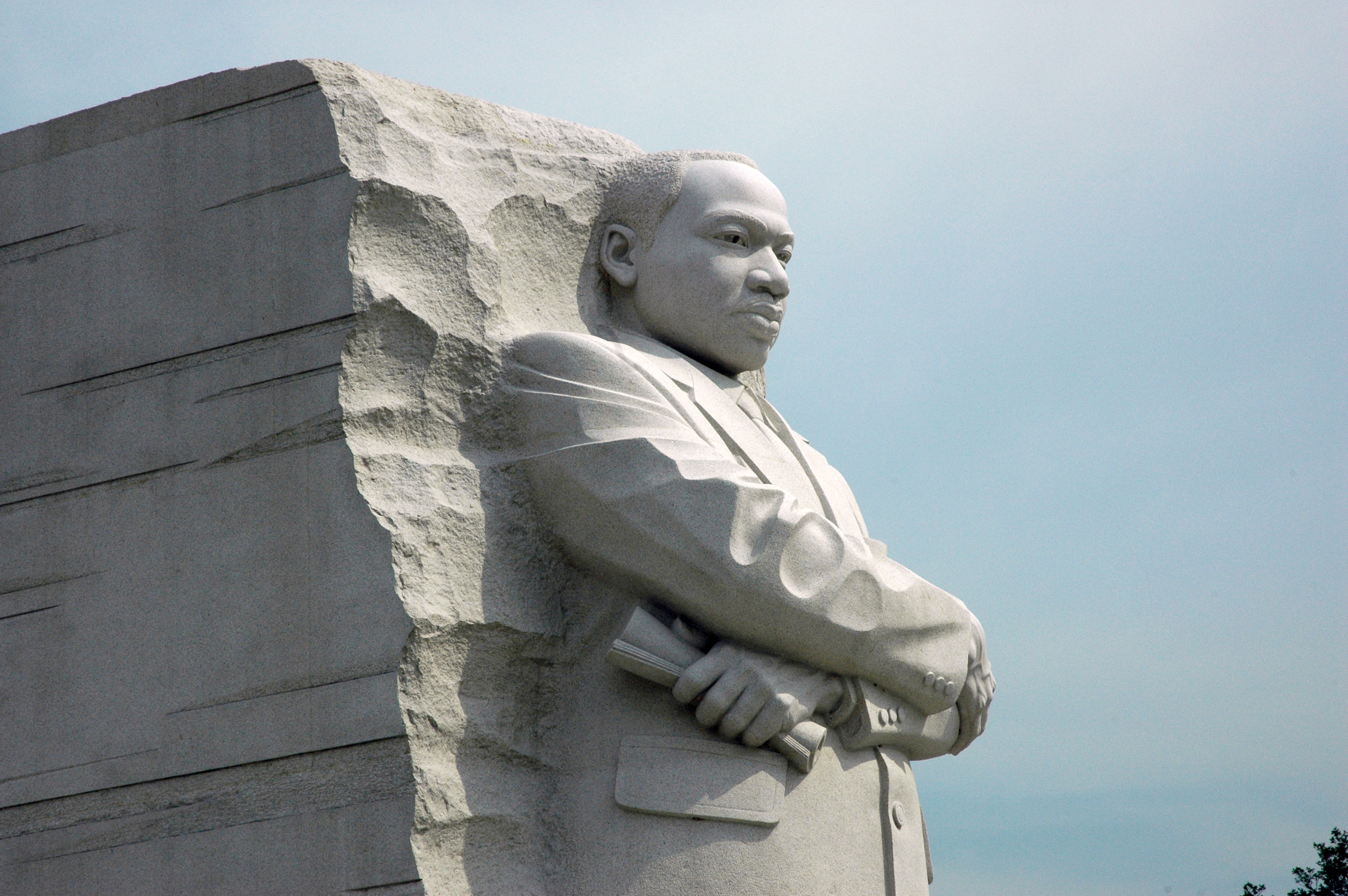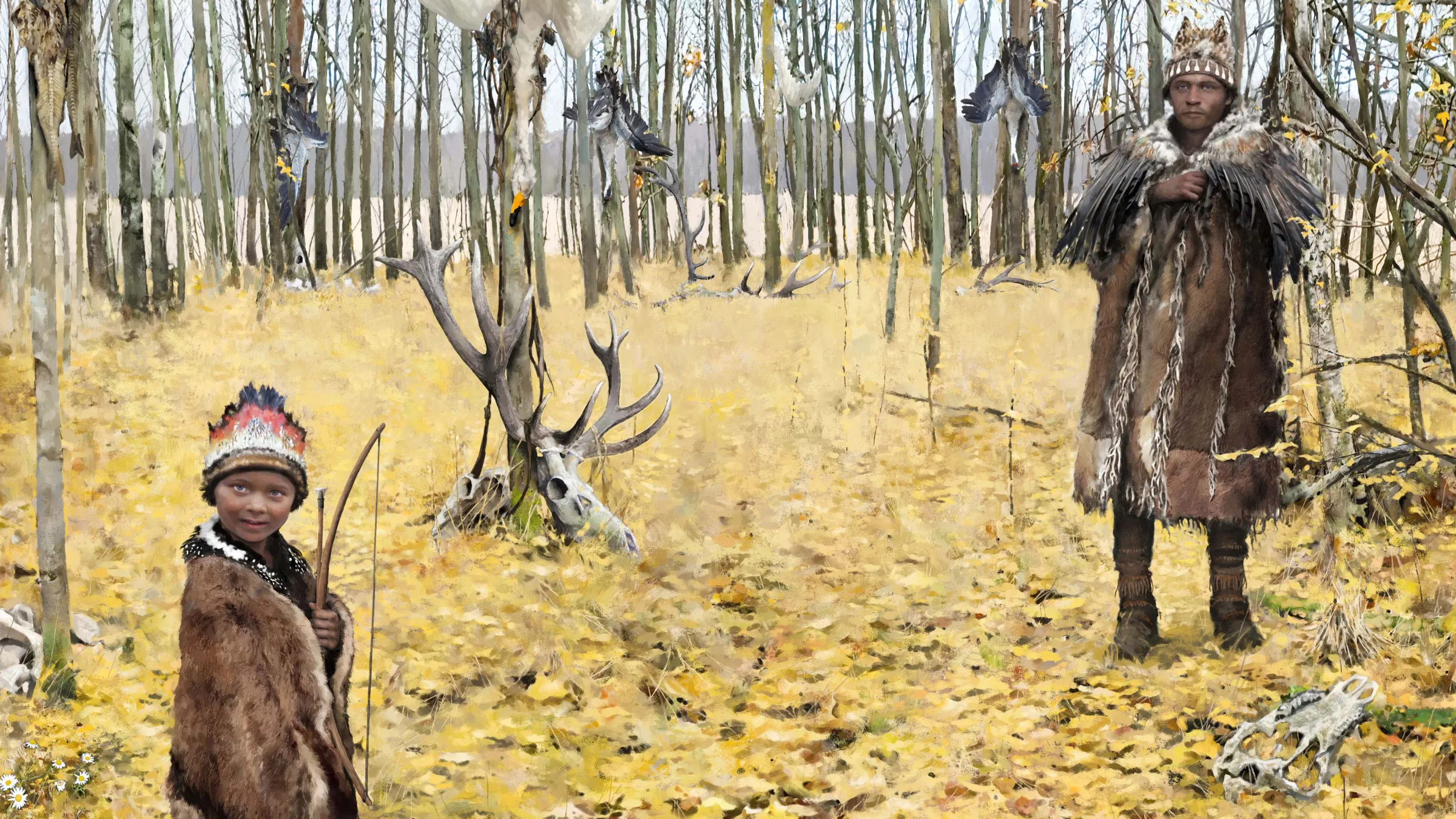
Get the world’s most fascinating discoveries delivered straight to your inbox.
You are now subscribed
Your newsletter sign-up was successful
Want to add more newsletters?
Join the club
Get full access to premium articles, exclusive features and a growing list of member rewards.
Bob Deans is director of federal communications for the Natural Resources Defense Council (NRDC) and co-author of "In Deep Water: The Anatomy of a Disaster, the Fate of the Gulf and Ending Our Oil Addiction"(OR Books, 2010). He contributed this article to LiveScience's Expert Voices: Op-Ed & Insights.
Fifty years after his "I Have a Dream" speech, the immortal words of the Rev. Dr. Martin Luther King Jr. remind us of the enduring impact the civil rights movement has had not only on the lives of African-Americans, but on us all.
A central theme of his speech, and the movement it embodied, is that the goals of freedom, equality and justice cannot be secured for any of us so long as they are denied to some of us.
"We cannot walk alone," King said, because the common destiny of every American is "inextricably bound" to all the rest.
That fundamental belief helped advance the cause of African-Americans, but also of women, people with disabilities, gays, immigrants and others still striving for the basic rights that form part of the promise of American ideals.
The environmental movement and all who benefit from it also owe a debt to King.
When he stood on the steps of the Lincoln Memorial to deliver those resolute words on August 28, 1963, there were few national safeguards to protect our air, water, wildlife and lands. Our government was not organized to stop polluters from putting our health and resources at risk. The voices of those who stood up to industry were often squelched or ignored.
Get the world’s most fascinating discoveries delivered straight to your inbox.
Environmentalists watched as King's movement moved the conscience of the nation and pressed Congress to enact the Civil Rights Act, the Voting Rights Act and other landmark legislation aimed at making racial equality the law of the land.
Taking a page out of that playbook, and inspired by the legislative progress King helped to achieve, early environmentalists began advocating for the protections we need to be enshrined in law.
The result was the Clean Air Act, the Clean Water Act, the Endangered Species Act, and most foundational of all, the National Environmental Policy Act. It makes environmental considerations mandatory for major actions undertaken or permitted by the federal government and guarantees that public environmental concerns will be heard.
There is, though, something more about the way environmental quality is bound up in the larger fight King spearheaded for justice, freedom and equality.
All too often, industrial pollution takes its heaviest toll from among those who live on what King called "islands of poverty," the low-income quarters of our cities, the bottomlands of our rural communities, the industrial zones where we've sacrificed environmental quality for corporate profits.
Were he alive today, it's not hard to guess what Dr. King would have to say about the appalling rates of asthma among low-income people living in the most polluted parts of cities like Houston, Los Angeles and Cleveland. It's pretty clear what his position would be on subsistence farmers worried about the impact that fracking might have on local water supplies, or the plight of millions of people struggling to cope with rising sea level, drought, wildfires and other front-line impacts of climate change. And we know he would have both grieved and condemned the death and destruction visited upon the people of New Orleans eight years ago, when Hurricane Katrina skipped unimpeded across coastal buffer lands ravaged by decades of oil and gas operations, to slam into the Crescent City.
"I have a dream," Dr. King said 50 years ago this week. "It is a dream deeply rooted in the American dream."
Part of this great leader's genius, part of his strength, part of what inspires us still, is his recognition that the American dream is not just for the few, it is the sum of all our dreams. In the decades since, that has guided one movement after another in our national quest to build that more perfect union of our forebear's own dreams. Countless decades from now, it will still be what matters most.
The views expressed are those of the author and do not necessarily reflect the views of the publisher. This article was originally published on LiveScience.
 Live Science Plus
Live Science Plus











